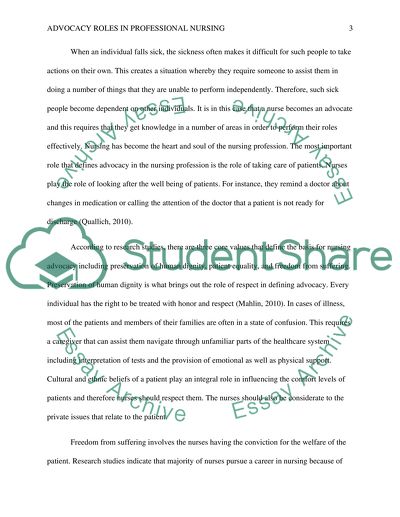Cite this document
(“Advocacy roles in professional nursing Research Paper”, n.d.)
Retrieved from https://studentshare.org/nursing/1461139-advocacy-roles-in-professional-nursing
Retrieved from https://studentshare.org/nursing/1461139-advocacy-roles-in-professional-nursing
(Advocacy Roles in Professional Nursing Research Paper)
https://studentshare.org/nursing/1461139-advocacy-roles-in-professional-nursing.
https://studentshare.org/nursing/1461139-advocacy-roles-in-professional-nursing.
“Advocacy Roles in Professional Nursing Research Paper”, n.d. https://studentshare.org/nursing/1461139-advocacy-roles-in-professional-nursing.


